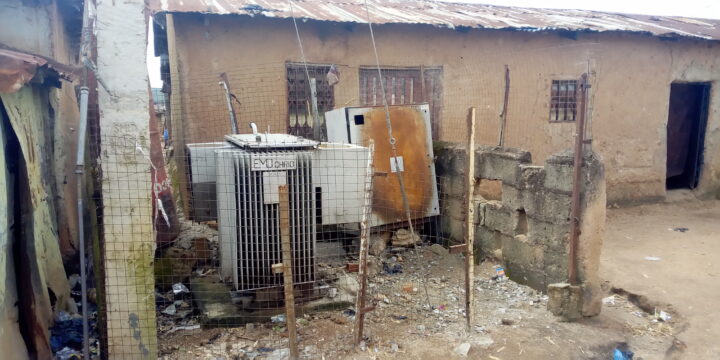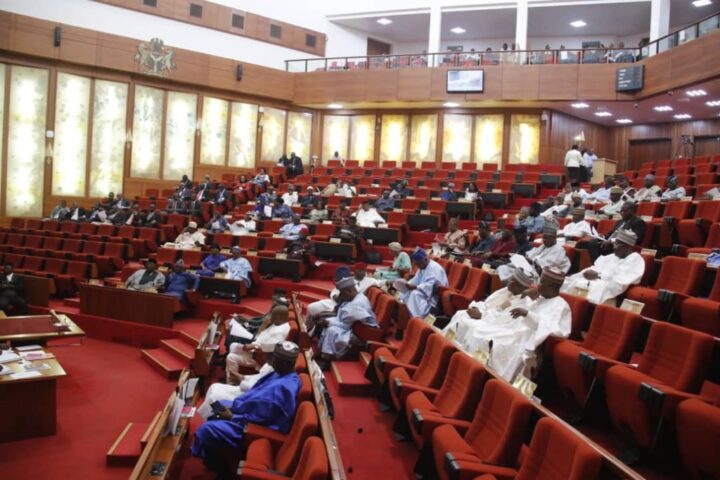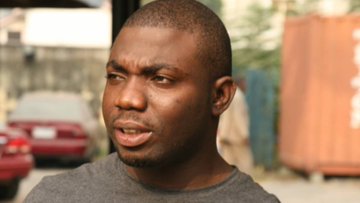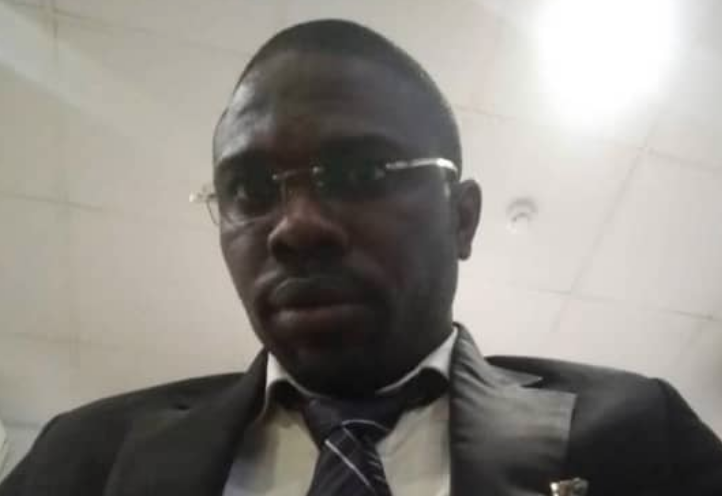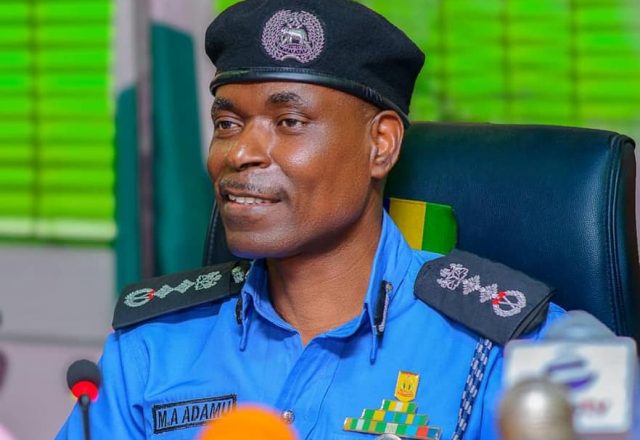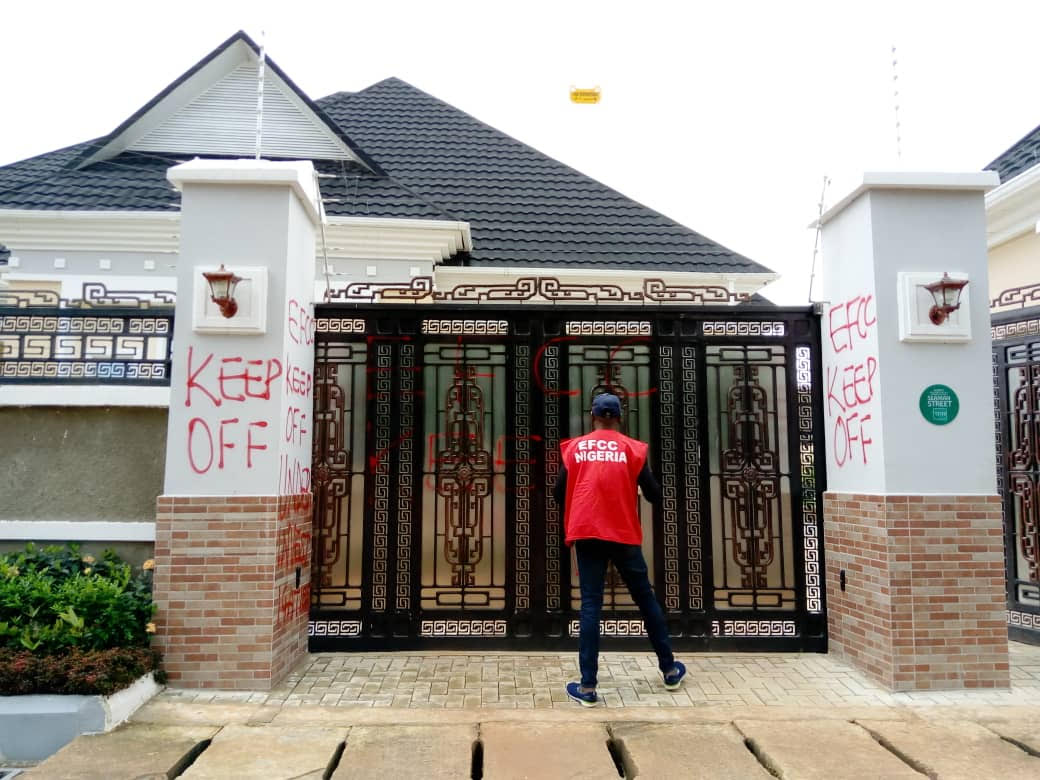Six years ago, the federal government unbundled the Power Holding Company of Nigeria (PHCN) and handed over 18 utility firms to private investors. The government raked in $2.5 billion (about N916.575bn) from the transaction involving six Generation Companies (GenCos) and 11 Distribution Companies (Discos).
The private investors collected their share certificates from the then President Goodluck Jonathan on September 30, 2013 and took over the management of the assets from November 1 of that year. Records from the Bureau of Public Enterprises (BPE), which coordinated the transaction, show that the government sold stakes and concessioned the six GenCos for $1.269bn (N460.7bn), while 10 DisCos (the sale of Kaduna Electric held later) were sold at $1.256bn (about N455.9bn). The government sold 60 per cent shares and retained 40 percent.
In addition, each DisCo paid N1 million as licence application fee to the Nigerian Electricity Regulatory Commission (NERC), and paid $75,000 (about N27.1 million) as the licence fee, valid for 10 years. In all, the 11 DisCos paid N298.3m as licence fees to NERC in addition to N11m application fees.
According to the performance agreements, the privatised GenCos and their new owners were to have added 5,000 megawatts (MW) of electricity to the national grid after five years, which was 2018. The DisCos were to have metered their customers and reduced their Aggregate Technical Commercial and Collection (ATC&C) losses in the first five years when a review would be done on how well the investors managed the firms.
Advertisement
But a Daily Trust investigation has revealed that electricity consumers still get epileptic supply, buy meters, transformers and other electrical materials across the 11 privatised DisCos.
PERFORMANCE ASSESSMENT OF OF DisCos
As at December 31, 2017, a NERC metering report said 4.7 million electricity consumers were not metered since the privatization exercise. It represented 55 per cent of the about 8 million registered electricity users NERC identified. The regulator unveiled the Meter Asset Providers (MAP) regulation with effect from April 8, 2018 for customers to buy meters.
Between 2013 and November 2016, Daily Trust investigation found that the 11 DisCos had a targeted 4.92m customers; installing 1.640m meters annually. But they failed. DisCos only installed 201,756 meters while customers bought 410,796 meters under the old Credited Advance Payment for Metering Initiative (CAPMI) replaced by the MAP regulation. That means customers bought 51 per cent more meters than DisCos in three years.
Advertisement
In the first quarter 2019 Report of NERC, out of the 8.841m registered electricity customers, only 3.794m (42.9%) had meters. About 57 per cent representing 5.047 customers are still on estimated billing, “which has contributed to customer apathy towards payment for electricity.”
While consumers groan under ‘crazy bills’ without adequate meters, MAP however failed to take off until May 2019. So far, a metering schedule for 10 DisCos obtained by this paper indicates that they ought to install 5.545 million by 2020 to bridge the gap.
They target 1.064 million meters under MAP by 2019 ending. Although 2019 will end soon, updates show that all the DisCos under MAP have installed less than 50,000 meters, indicating just 5 percent of their 2019 target.
For future targets, the DisCos should install 2.674m meters in 2020, 1.593m units in 2021 and 313,637 meters should be installed by 2022.
Advertisement
CUSTOMER COMPLAINT AND HIGH BILLS
NERC report in Q1 2019 revealed that while the 11 DisCo cleared 78% complaints, the 30 Forum Offices of NERC resolved 41%, leaving 59% cases pending. About 151,938 electricity consumers made complaints at the 11 DisCos.
The DisCos reported resolving 118,563 complaints, representing 78% of them leaving 33,375 complaints. Top of the complaints were metering, estimated billing and service interruption, accounting for 92,626 complaints.
NERC has 30 Forum Offices in 29 states for handling consumer complaints to 30 across 29 states plus Abuja. They received 2,678 complaints, and 59% of them were not resolved.
In spite of the $1.4 trillion the DisCos said they have invested since 2013, electricity consumers lament dissatisfaction, poor supply, outrageous bills while they buy transformers, cables and even meters.
Advertisement
The Consumer Rights and Obligations Regulation document obtained from NERC indicates that the rights were enshrined in the Electric Power Sector Reform Act (EPSRA), 2005.
The content of the Regulation places the responsibility of buying, replacing or repairing electricity transformers, poles and related equipment used in the supply of electricity on the 11 DisCos operating in Nigeria, and not on consumers.
Advertisement
However, the Daily Trust investigation in about 30 communities being served by seven of the DisCos across eight States, show that many DisCos have not complied with this regulation.
In Kaduna metropolis where Kaduna Electric has its headquarters, our reporters surveyed the service conditions in some communities. Residents of Kwanar Almajirai at Hayin Dan Mani Community in the Rigasa District of Kaduna are tired of contributing to fix their transformers anytime the fault occurs.
Advertisement
The transformer was faulty again and the residents taxed themselves from N11,500 above to buy a new transformer. A resident, Abdullahi Adamu, said the community had been without electricity for the past two years because each time they fixed it, the transformer goes bad again.
Asked if the residents formally reported the fault to Kaduna Electric officials, Adamu said, “They are aware but they are not helping matters because each time we informed them they will ask us to be patient.”
Advertisement
In Dan Mani area of Kaduna town, Malam Usman Idris lives on Muhammadu Buhari way adjacent Yazifa street. “We agreed to contribute N25,000 because the electricity company is not helping matters to repair our transformer.”
Sadly, Idris said officials of Kaduna Electric gave the approval for the community to contribute the fund. Five others streets in the community suffer similar fate.
In Ikeja area of Lagos state, Bamidele Ogunwusi who leaves along college road, Ifako, under Ikeja Electric said the officials have asked residents of the area to be prepared to pay for transformer replacement after their 50KVA pole mounted device went bad.
“When we approached the Ikeja Electric officials, they said if they cannot fix the spoilt 50KVA transformer, we should start making up our minds to contribute for a new transformer which will cost us about N1 million,” he explained.
Anthony Chukwu, a businessman at Akesan Igando in Alimosho LGA, said residents were asked by the Ikeja DisCo officials to pay N10,000 each to replace a faulty 500KVA transformer.
Under Abuja DisCo, communities also raise money to buy transformers and other electrical materials. Residents of Appma, Angwan Doka in Karu LGA, the biggest hub of Nasarawa state have similar tales.
In Appma, house owners said they pay between N50,000 and N70,000 each to the electricity committee to get connected to the two community transformers that were bought by residents since 2012.
Bulus Audu said, “The most worrisome of the situation is that, the payment continues even after the initial payment of N50, 000 or N70, 000. They said the about N4, 000 to N8,000 is for unending transformer oil, coil or maintenance, while AEDC officials would come to also collect their bills from us at month end.”
In Dutse area of Abuja still under AEDC, private 33 kilovolt (KV) transformers flood the network, just as it is in Kubwa and other parts of the FCT. At Dutse Zone 4 a resident said to have bought pole-mounting transformer collects N100,000 from residents to connect them. During the survey, it was observed that the practice is everywhere, in Masaka, New Nyanya, Ado, and Mararaba towns in Nasarawa State to Kurudu, Karu, Nyanya, Sokale, Bwari towns in the FCT.
In Yola, Adamawa state, Yola DisCo electricity customers face similar challenges of high billing, buying transformers and paying for repairs. Our survey of communities in Yola town revealed the poor state of the DisCo’s services.
Ladan Musa is a resident of Sangere, a settlement along Numan Road in Yola. The community transformer broke down for three months without being fixed by Yola DisCo. They had raised N300,000 to fix an earlier fault.
At the Jambutu area in Yola, the substation was severally submerged during this rainy season, causing the electricity company to shut down supply whenever it rained.
“We live in perpetual panic as we fear possible electrocution when the substation gets over flooded. The DisCo has not done much to arrest the situation,” resident Bello Kundi said.
A vigilante group leader, Ojo Johnson decried frequent cable theft and other vandal activities at the Jimeta metropolis of Yola. He said in some areas, residents contributed money to form local guards to protect transformers.
Some Enugu communities have constant outage than power supply. The people of Owerre Umabor Community, in Eha-Alumonah, Nsukka LGA of Enugu State said they have not seen electricity for two years.
A community leader, Emmanuel Ugwueze said their faulty transformer was taken away by officials of Enugu DisCo for repair in 2017. “The DisCo made several promises concerning the power failure, but did not “keep even one promise.”
At Nsukka town of Enugu, residents also pay to fix their transformers and buy cables too. Obinna Okafor said in spite of this sacrifice, “We are faced with huge estimated billing and if you don’t pay, they will cut off the supply.”
Epileptic supply with shabby networks rock Obolo Afor, Enugu state. Friday Okwudiri, a furniture dealer said the cost of making chairs and beds are rising as they depended more on generators at the furniture market.
In Edo state the power situation is at its lowest ebb as majority of the resident hardly get six hours electricity from the Benin Electricity Distribution Company (BEDC).
Mike Igbinoba, a resident of Benin city, said: “In my area, the electricity is being rationed three hours on and three hours off but we hardly get three hours electricity in a day.”
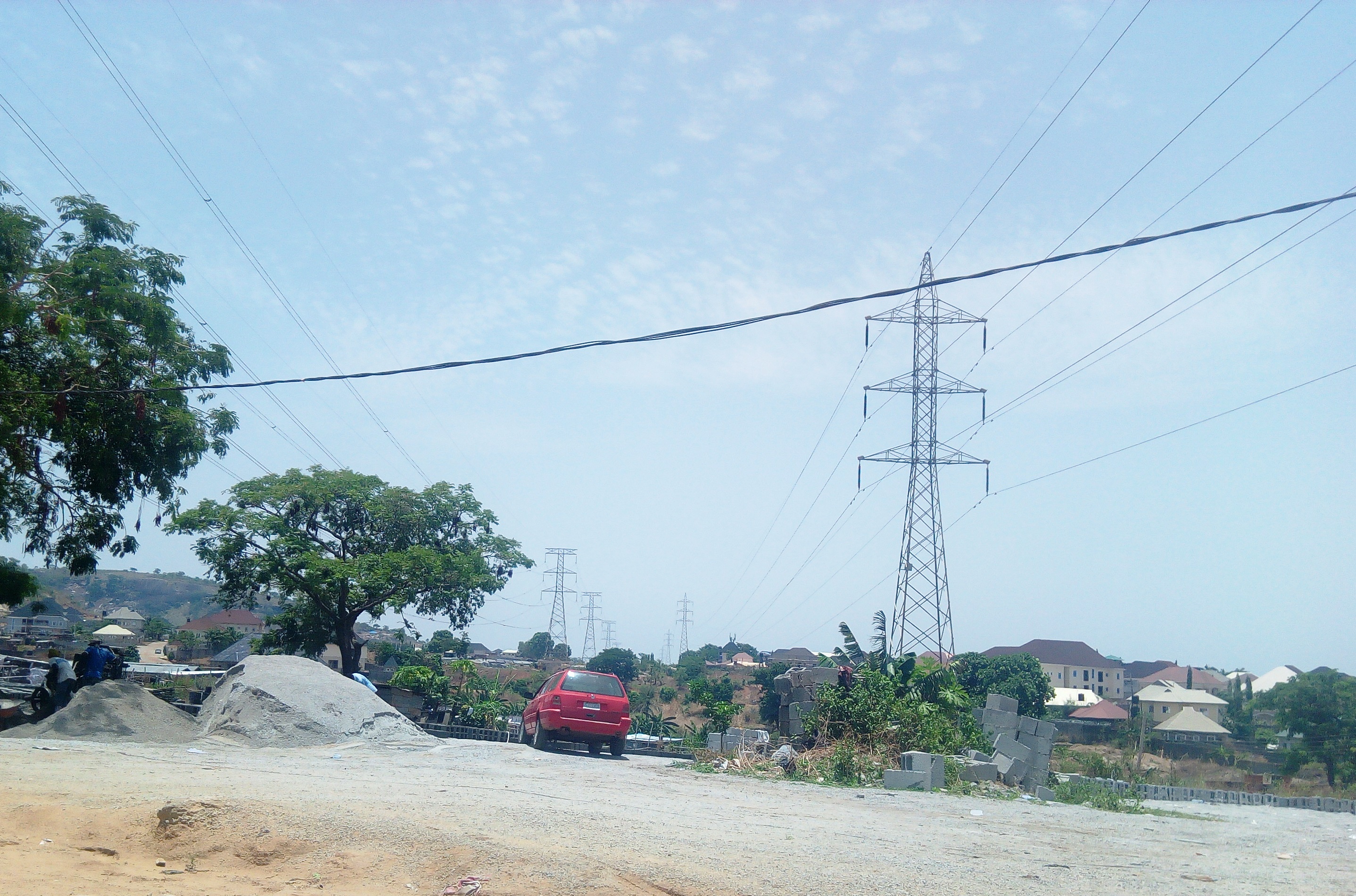
There are areas in Benin that have been without electricity for months. Those having electricity in Benin are the super rich companies who can afford to pay between N200, 000 and above N1 million.
Osazee Edigin, a public relations officer of Edo State Civil Society Organisation said, lamented poor services of BEDC. “Business activities have crumbled due to power outage and our youths are migrating.”
Survey of communities in Kumbotso, Tarauni, Gwale and parts of Nasarawa LGAs in Kano shows residents contribute money to buy and repair faulty transformers.
Most residents claim the DisCo often takes time to clear faults, leaving them in the dark for weeks or months.
At Tudun Yola quarters, Gwale LGA, Daily Trust found that residents bought the operational transformer. The Secretary, Tudun Yola Community Development Association, Alhaji Ali Tamasi Mu’az said they had to buy a new one when the first one damaged and they were in the dark for two months.
In Plateau state, residents of Agingi community and Akak Achahu have their power supply rationed. When their transformers went bad, they raised monies but can’t get Jos disCo to fix them or even return the faulty transformers.
Akak Achahu, the village head, said they had to task each house N2,000 to raise the money and that they have the records of the monies collected and paid.
At Angwan Rogo in Jos north, residents said their transformer at Danbadawe street has issues. Salisu Ahmed said they have stayed for about a year now without light after their former faulty transformer was taken away for repairs for so long.
Victor Omeudo, chairman of Umuakpahu Landlords Association,in Oyigbo LGA of Rivers state, said residents contributed N33,000 each to buy a new transformer for N1.8m after their 500KVA exploded. They did this because PHEDC failed them.
WHO OWNS PRIVATISED DisCos?
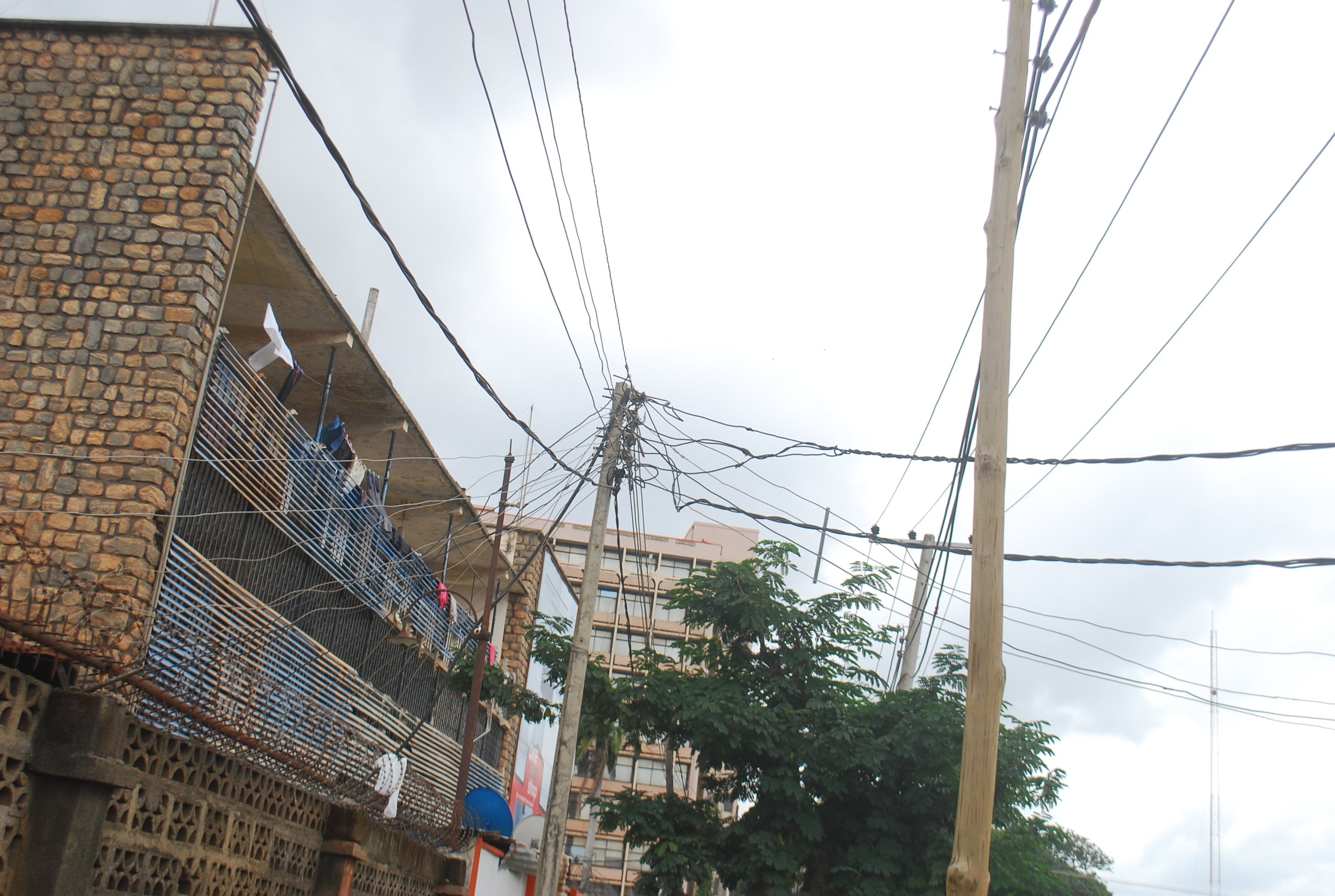
BPE has officials representing the 40 per cent federal government’s stake in each of the 10 DisCos’ board. BPE is also fully operating the Yola DisCo after the core investor pulled out in 2015.
The transaction documents for the DisCos’ privatisation show that Abuja DisCo was acquired for $164m by KANN Utility Consortium Ltd, which is a joint venture between CEC Africa Investment, a Zambian firm, and a local firm, Xerxes Global Investments Limited.
A businessman, Victor Gbolade Osibodu through his Virgeo Power Ltd acquired Benin DisCo for about $128m. He is the husband of a former Managing Director of Union Bank, Funke Osibodu, who is the present MD of Benin DisCo. Virgeo was to invest N40bn in the next five years to turn it around.
The Chairman of West Power and Gas, Charles Momoh, along with Tunji Olowolafe and Ernest Orji partnered with Siemens Ltd of Germany to acquire Eko DisCo for $135m. They committed to spend $257m for its improvement.
Korea Electric Power Company (KEPCO) and New Electricity Distribution Company (NEDC) formed a Consortium and partnered with Tonye Cole’s Sahara Energy to acquire the Ikeja DisCo at $134.75m. It also acquired Egbin GenCo.
Integrated Energy Distribution and Marketing Company (IDMC) fronted by John Olatunde Ayeni, former Chairman of Skye Bank (Polaris) acquired both the Ibadan and Yola Discos for $160m. It dropped Yola DisCo in 2015.
Yusuf Hamisu Abubakar is the Managing Director of the Sahelian Power SPV that acquired Kano DisCo for $102m. Abubakar is a board member at Niger Insurance Company.
Emeka Offor’s Interstate Electrics got Enugu DisCo for $106.4m. The firm could not meet up earlier with the 75% payment deadline and was earlier recommended by BPE for disqualification.
Mohammed Noma,cChairman of the Aura Energy got Jos DisCo for $28m. The politician was the speaker, house of assembly in Bauchi State in the first republic.
Governments of Bayelsa, Rivers, Cross River and Akwa Ibom states formed the 4Power Consortium to get Port Harcourt Disco. 4Power said it partnered with other private investors to manage the asset.
Sahelian Power SPV later got Kaduna DisCo and has been managing it. While Yusuf Hamisu Abubakar is chairman of Kaduna Electric, another partner and politician, Jamil Gwamna is the Managing Director of Kano DisCo.
ENERGY THEFT, POOR PAYMENTS AFFECTING DisCos
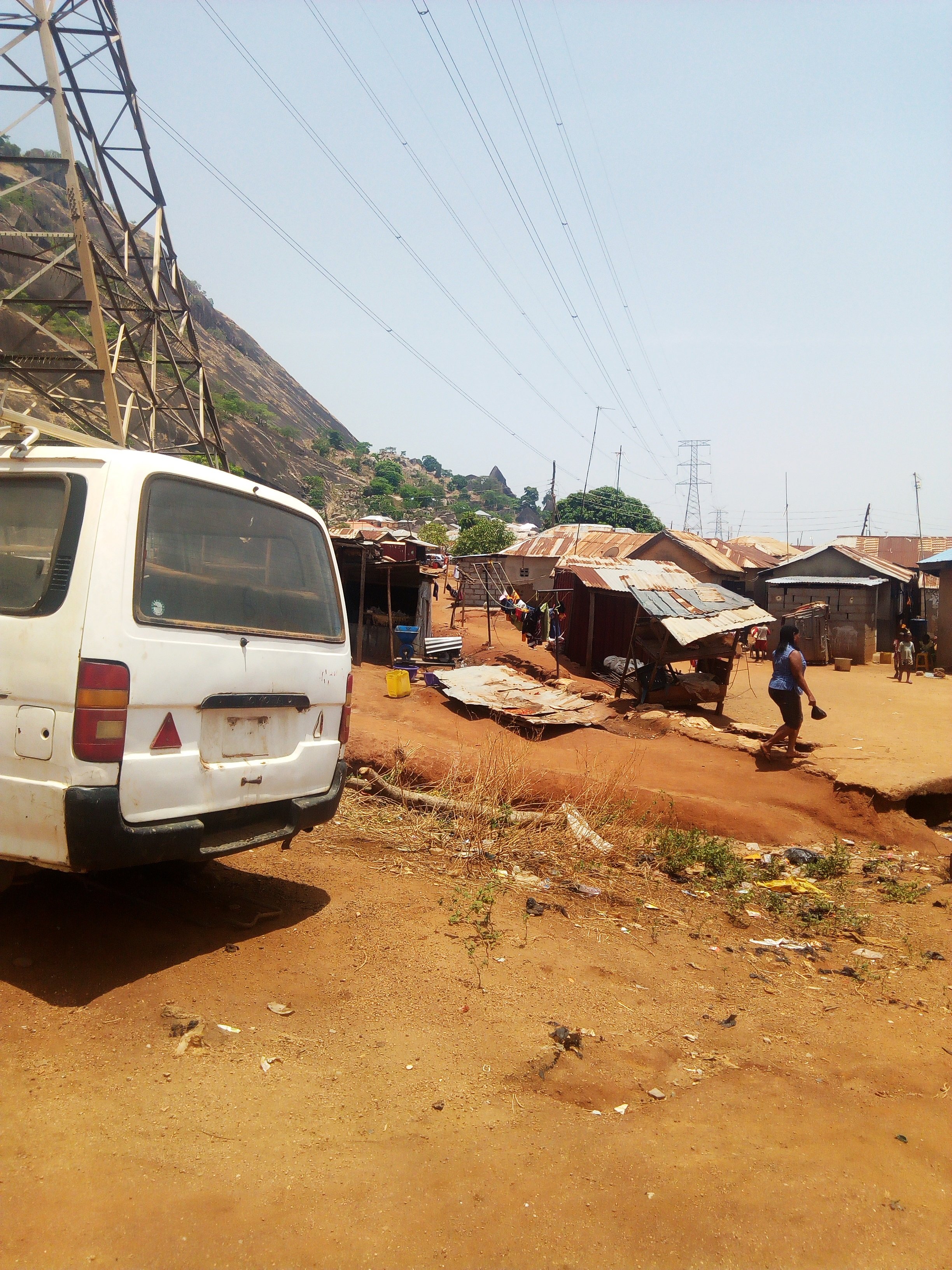
A document from the Association of Electricity Distributors (ANED) representing the interest of 10 DisCos puts the losses traced to energy theft and poor payment at about N155.89bn in 2018. That is 70 percent of their Aggregate Technical and Commercial Collections (ATC&C) losses.
The energy loss, they said, affect the revenue available to the power sector value chain and raises the amount paid by customers who pay their bills regularly.
At Ikeja DisCo, 43,000 prepaid meters from the 134,000 units installed were tampered with. Port Harcourt DisCo reported 30 percent revenue loss due to energy theft. Enugu DisCo lost 43 percent revenue monthly to energy theft.
NERC recognised this loss factor in its first quarter 2019 report noting that, for every ₦10 worth of electricity received by DisCos, ₦2.00 is lost due to energy theft and poor distribution infrastructure.
The electricity debts owed by ministries departments and agencies (MDAs) at both the federal and state government levels is a concern. By October 2019, MDAs owe N120bn; the military and security forces owe the highest portion. “Electricity debts owed by MDAs are currently, in excess of N100bn; the MDA debts constitute a leakage from DisCo remittance,” ANED said.
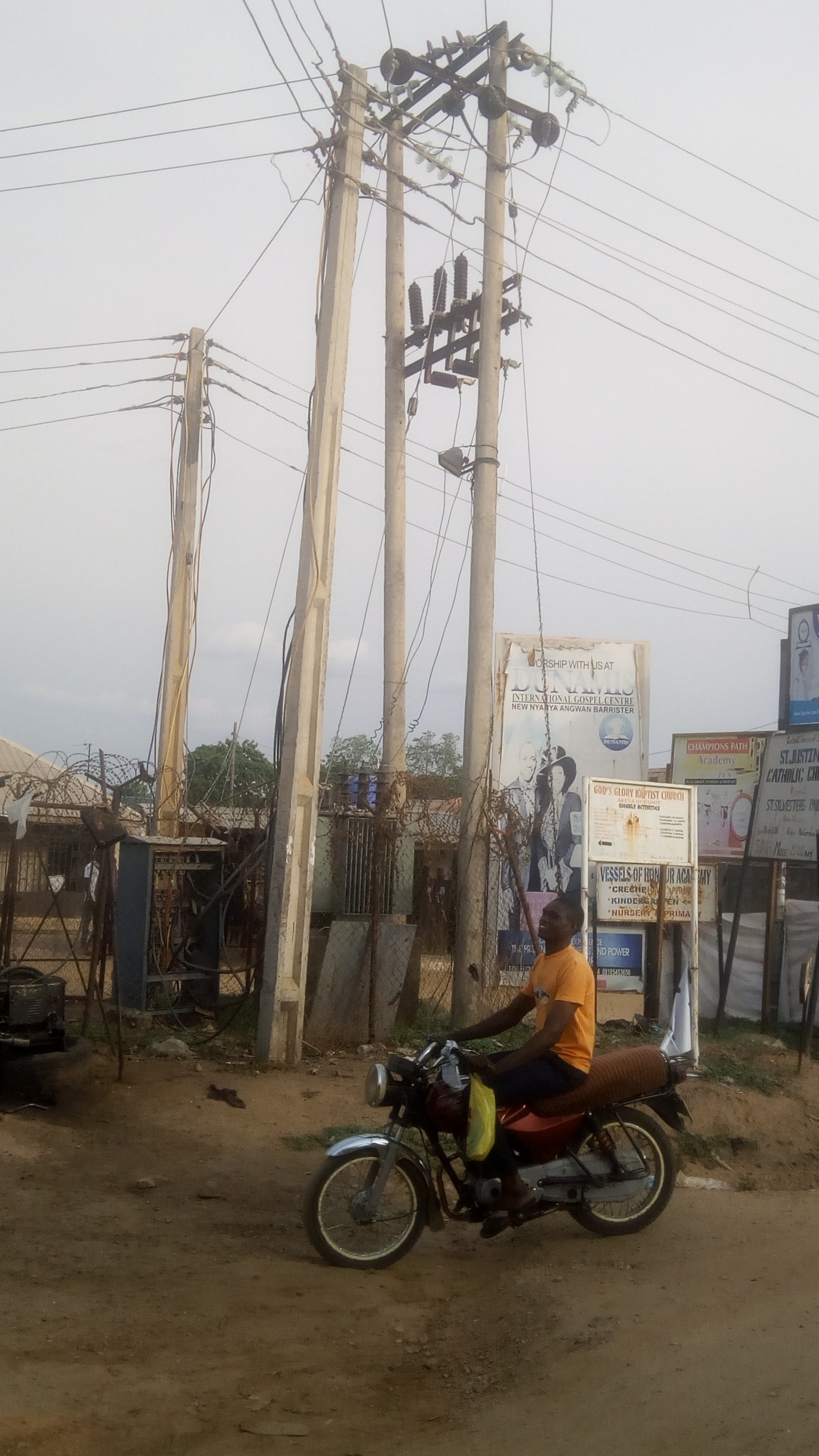
Speaking on the problem of the power sector, Sunday Oduntan, executive director, research and advocacy of ANED, said the government failed to fulfill its Conditions Precedents (CPs) after the privatization. A proposed N100bn subsidy for two years to cushion the effect of a tariff hike to customers was not paid, he said.
The baseline studies by NERC to define the actual ATC&C losses for each DisCo took 12 months after privatization and that delayed the DisCos’ targets. About six bi-annual minor reviews since 2016 were not implemented.
ANED said power generation wholesale contract price rose to about N40 but DisCos were held by NERC to sell for below N30.
However, 10 DisCos under ANED in their first quarter 2019 performance report recorded positive growth. The DisCos’ collection efficiency rose by N61bn, which is 16 percent higher than that of the entire 2018.
From about 5 million registered electricity consumers in 2013, the 11 DisCos did customer enumeration and now, 8.841m customers were captured as at March 2019.
The average ATC&C of the 10 DisCos dropped to 47.2 percent in February 2019 from the 56 percent average when they took over the assets in 2013.
EXPERTS SPEAK ON IMPROVING SECTOR
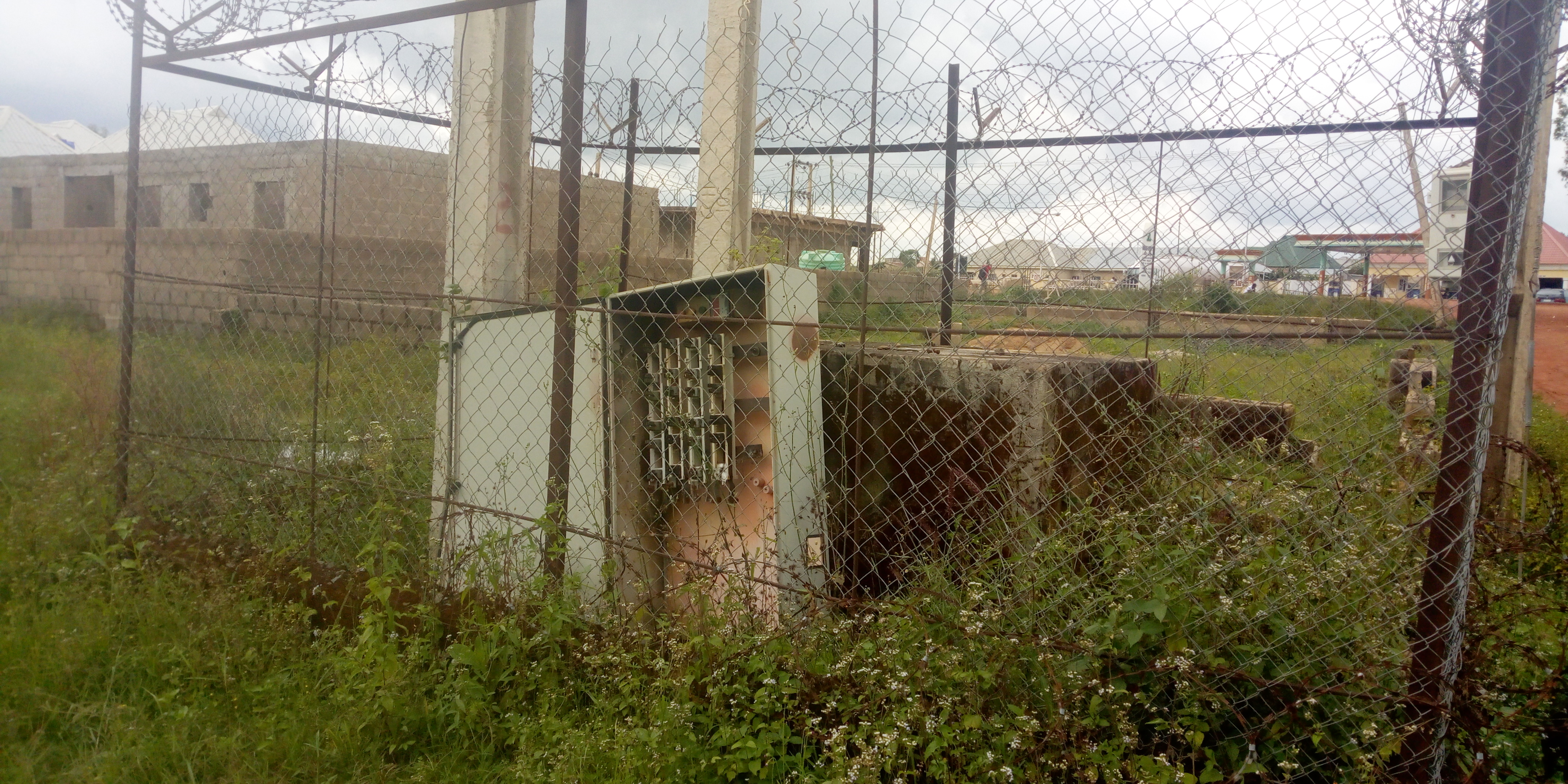
The president, Consumer Protection Network, Kunle Olubiyo, said there are still a lot of gaps to be addressed with regards to the performance of the distribution companies (DisCos) in terms of customer services.
“I cannot say we have really gotten it so well. From DisCos to DisCos they have what they call their KPI and an automated device, which allows for tracking from DisCos to DisCos,” he said.
“But if we have to look at it generally there are backlog of unresolved issues that got to do with consumers’ dissatisfaction in the sector. Until lately when the regulator (NERC) gave notice for their intention to review the operational license of some DisCos, the operators in the last three years operated like lame ducks.”
The president of Association of Public Policy Analysts (APPA), Princewill Okorie, said the level of performance of the DisCos in terms of customer services since privatization is not encouraging because of ‘exploitation.’
“For instance they have not been obeying Sections 80, 81 and 82 of the Electric Power Sector Reform Act of 2005; that is on consumer protection and licensing performance standard. Specifically there is exploitation and fraud in collecting reconnection fee that is contained in that Act.
“Also they are not obeying estimated billing methodology. Therefore, both the DisCos and NERC have not helped matters in the area of consumer protection.”
DisCos defend ‘poor’ operations, customers buying equipment
Some of the spokespersons for the selected DisCos who were contacted, commented on the findings of the investigations especially on why customers should buy transformers and other electrical materials.
Abdul’azeez Abdullahi, head, corporate communications at Kaduna Electric, said nobody asked people to pay or contribute money to replace or fix their faulty transformers. He said the DisCo preferred that customers offset their bills promptly so that such transformers serving them can be fixed when faulty.
“We never asked people to contribute money to fix or buy transformer. They don’t want to pay bills rather, when their transformers get spoiled they will be running helter-skelter to fix it. Nobody says they should fix transformer; let them pay their debts which was what we expect from them,” Mr Abdullahi explained.
Saratu Aliyu, acting head of communications at Jos DisCo, said the DisCo does not encourage any community to pay money for transformers. However, if any community wants to be part of facilitating the process of getting a transformer, they should discuss formally and follow procedures.
For the two communities where they paid to DisCo’s officials and did not get transformers, Aliyu assured of probing the cases.
Kingsley Nkemneme, head of corporate affairs and communications at Yola DisCo, said 15 transformers were vandalised in Yola town, which the DisCo fixed and also fenced 150 transformers recently and encouraged communities to help in guarding the equipment.
Ibrahim Sani Shawai, head corporate communications of Kano DisCo, said DisCos are responsible for clearing faults but that such complaints about faulty equipment or mishap in the distribution lines should be channeled properly.
“If it is beyond what our Customer Service Point (CSP) can do immediately, they will take the transformer to our workshop and if it is beyond repairs we bring a replacement, but people don’t report,” Shawai said.
BPE, NERC WIELD STICK AFTER FAILED YEARS
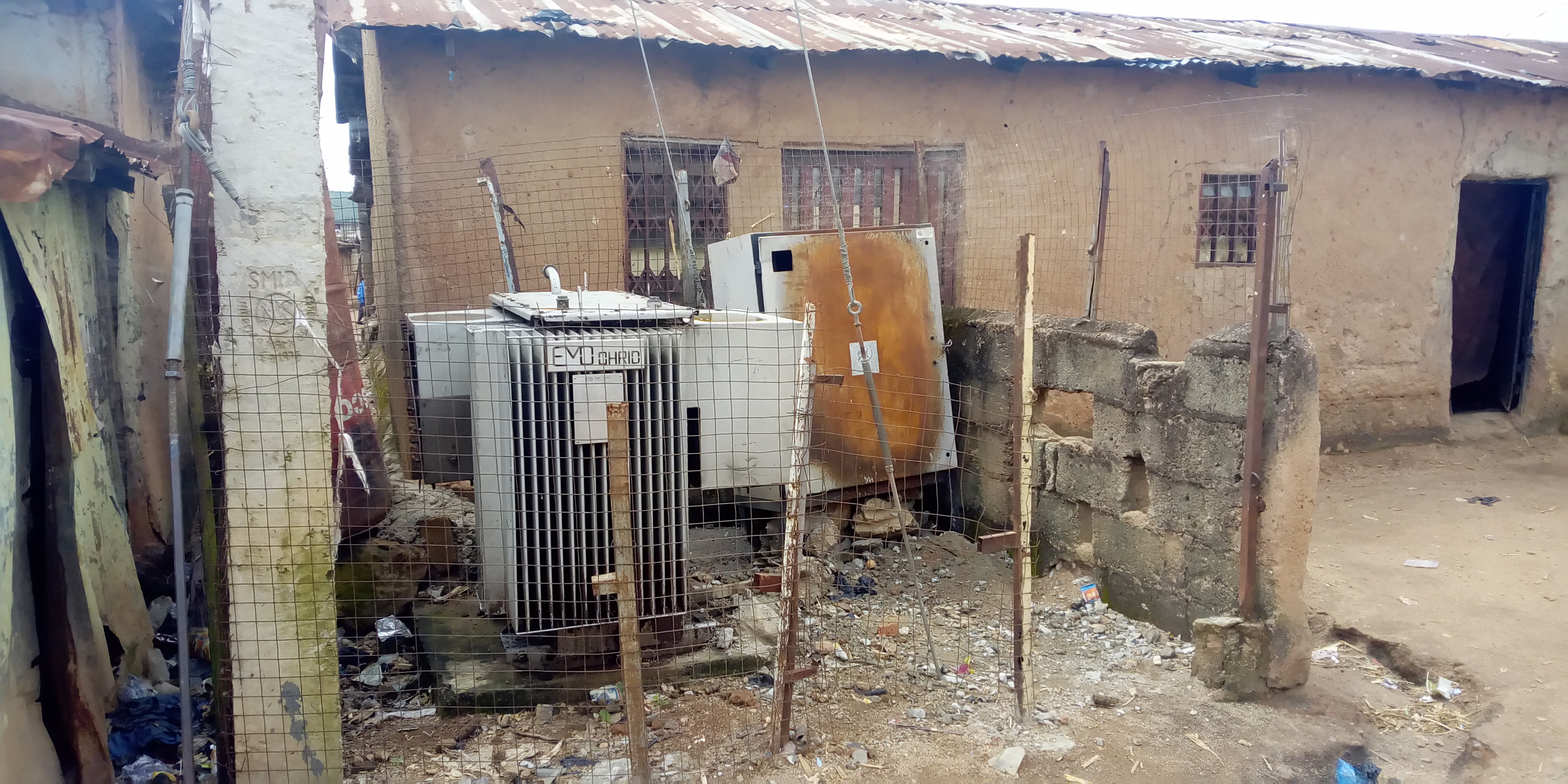
BPE summoned a meeting of the Shareholders of the DisCos on 26th of June 2019 to add more members representing the 40% government’s stakes in the DisCos.
“The FGN decided to increase its representation (Directors) on the Boards by two given its 40% shareholding. The objective is to ensure transparency in their operations as well as improve their performance.”
In July 2019, the federal government and Siemens AG signed a six-year roadmap agreement for developing the power sector with a target of 11,000MW by 2023. Siemens AG’s Global chief executive officer, Joe Kaeser, signed the pact with President Muhammadu Buhari at the state house in Abuja.
The government said it is seeking a $3bn loan from World Bank to reset the power sector.
NERC on its part wielded the big stick in October 2019 by threatening to cancel the licenses of eight DisCos in 60 days for accumulating N30.1bn energy invoice debts in July 2019.
NERC said the eight DisCos received N36.1bn invoice from the Nigerian Bulk Electricity Trading Plc (NBET) for bulk energy but remitted only N5.91bn, representing just 16 per cent performance. They are getting sanctioned for the balance of N30.1bn.
That was the first of its kind in six years. The affected DisCos paid N216.9 million to get the licence during the 2013 privatization: it is valid for 10 years and also renewable for N500, 000 after expiration.
The eight affected DisCos include Enugu, Abuja, Benin and Port Harcourt DisCo. The rest are Kano, Kaduna, Ikeja and Yola DisCo (now under public management).
In a reaction, the DisCos’ association – ANED said they will need N8.7bn to comply with that, and feared that compliance with the NERC Order will make them cut staff and may reduce overall performance.
Responding, Usman Abba-Arabi, the general manager, public affairs division at NERC, referred to NERC Order to the affected DisCos on cancelling their licences in 60 days since October 2019.
The Commission also issued another Order on November 5, 2019 insisting that DisCos must present their performance scorecard in writing and would be evaluated by the public.
Arabi said: “The orders that we gave to the DisCos encompass everything including their performance improvement, the issue of customer enumeration, and customer care, they are all in there. Whatever they submit, we will take to FIRS and to CBN to verify before taking decisions.”
On the implication of cancelling the licence, the NERC spokesman said: “The deadline given to the DisCos to provide responses was 60 days (Elapses on December 7, 2019), and that would be unfair to preempt the outcome. When the DisCos submit their responses, NERC will look at them and then know what to do,” Mr Arabi noted.
This report is part of a collaborative investigative series by Daily Trust, the International Centre for Investigative Reporting (ICIR), Premium Times and TheCable, facilitated by the Wole Soyinka Centre for Investigative Journalism (WSCIJ) under its Regulators Monitoring Programme (REMOP) for the Electricity Sector, with support from the John D. and Catherine T. MacArthur Foundation.
Add a comment
